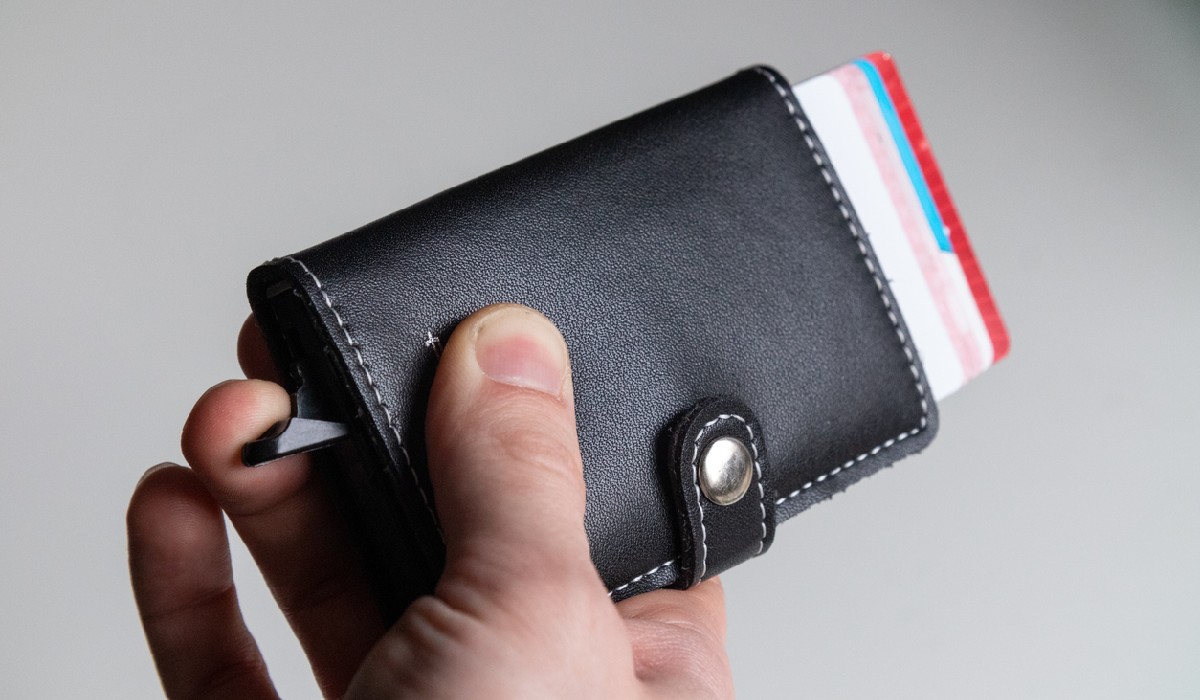How to Protect Yourself from Credit Card Fraud: Essential Tips for Staying Safe

Credit cards have become a daily convenience, whether shopping online, in-store, or over the phone. But with this increased use comes a heightened risk of credit card fraud. Unfortunately, hackers are constantly finding new ways to steal card information, making it essential to take proactive steps to protect yourself. Here are some effective tips to help keep your credit card information secure from fraud.
1. Safeguard Your Personal Information
Keeping personal details private is one of the most effective ways to protect your credit card information. Avoid sharing sensitive data, like your full name, address, date of birth, Social Security number, and bank account details, unless you’re absolutely sure of the legitimacy of the request. Always research a company or website if they ask for more information than seems necessary—especially for online transactions.
2. Watch Out for Phishing Scams
Phishing scams are a common tactic used by hackers to obtain personal information. Hackers often send emails posing as legitimate companies, attempting to trick you into clicking a link or providing sensitive information. These emails may look authentic, even using company logos, but often lead to fake websites designed to steal your data. If an email seems suspicious, avoid clicking on links or sharing information directly. Instead, contact the company using a verified phone number or email address to confirm the message’s authenticity.
3. Understand Your Card and Its Security Features
To use your credit card safely, it’s essential to understand how it works, including the terms, fees, and security features. Credit cards typically have stronger fraud protections than debit cards, which are directly linked to your bank account. Many cards now use RFID (radio frequency identification) technology, allowing contactless payments with a simple tap. However, RFID-enabled cards can be vulnerable to unauthorized scans. Consider investing in an RFID-blocking wallet, which shields your card from potential scans using materials like metals and specialized plastics, offering added security that traditional wallets lack.
4. Monitor Your Statements Regularly
Regularly checking your credit card statements can help you catch any unusual charges early. Many credit card companies allow you to set up real-time alerts, so you’re notified immediately of any activity on your account. Reviewing your statements closely helps you spot and report suspicious charges before they become a bigger issue.
5. Take Advantage of Fraud Protection
Most credit card companies offer fraud protection, covering unauthorized charges and assisting in resolving any fraud-related issues. This protection varies by provider, so check with your credit card company to understand what’s included. Fraud protection can be a valuable safety net, helping to minimize losses if your information is compromised.
By following these tips, you can reduce your risk of credit card fraud and keep your information more secure. Remember that, while these precautions can significantly lower your risk, it’s essential to remain vigilant and report any suspicious activity immediately.
Your Trust, Our Core Commitment
At Rising Tech, earning and maintaining your trust is the cornerstone of our mission. We're dedicated to transparency, impartiality, and the relentless pursuit of truth in every article, review, and recommendation we publish. Our commitment to these principles ensures that you, our valued reader, are always equipped with reliable and unbiased information. Let us be your trusted guide in the ever-evolving world of technology.